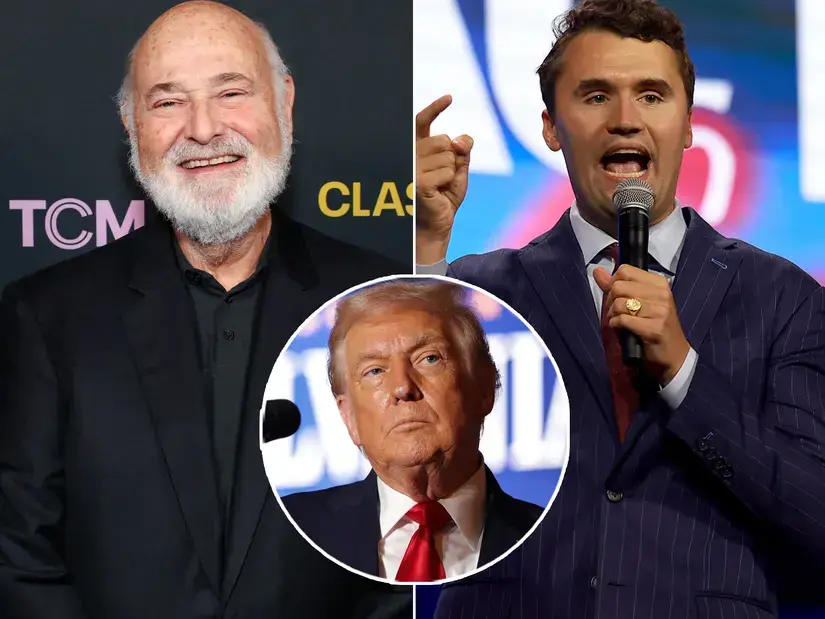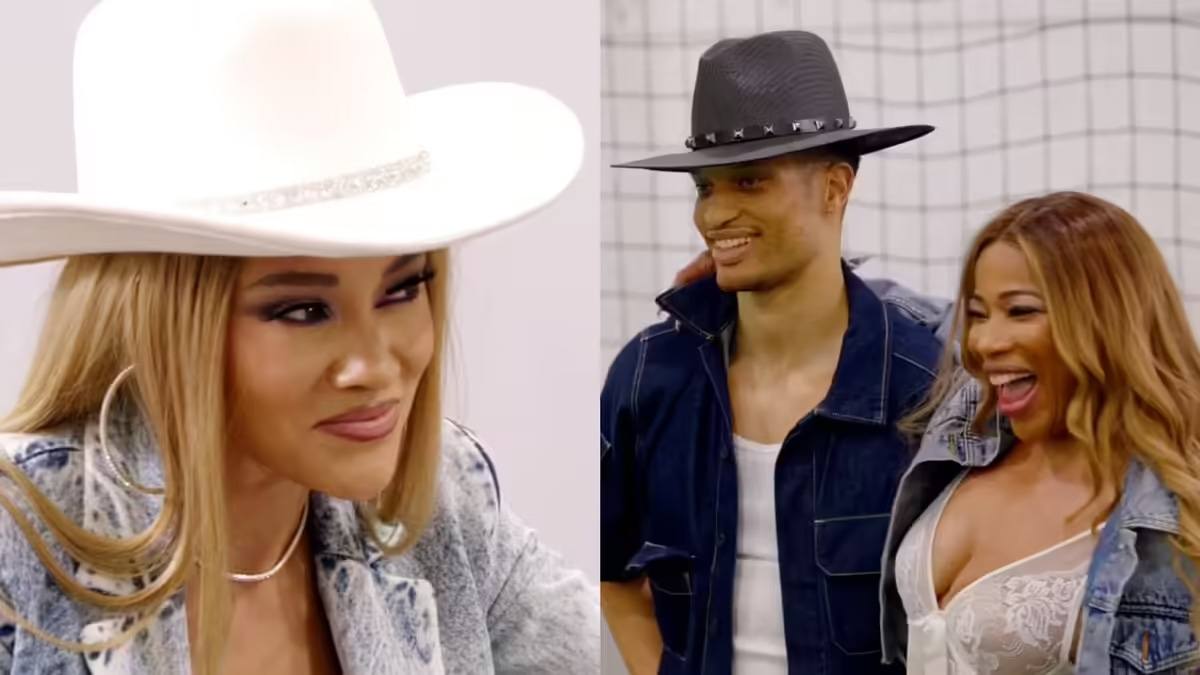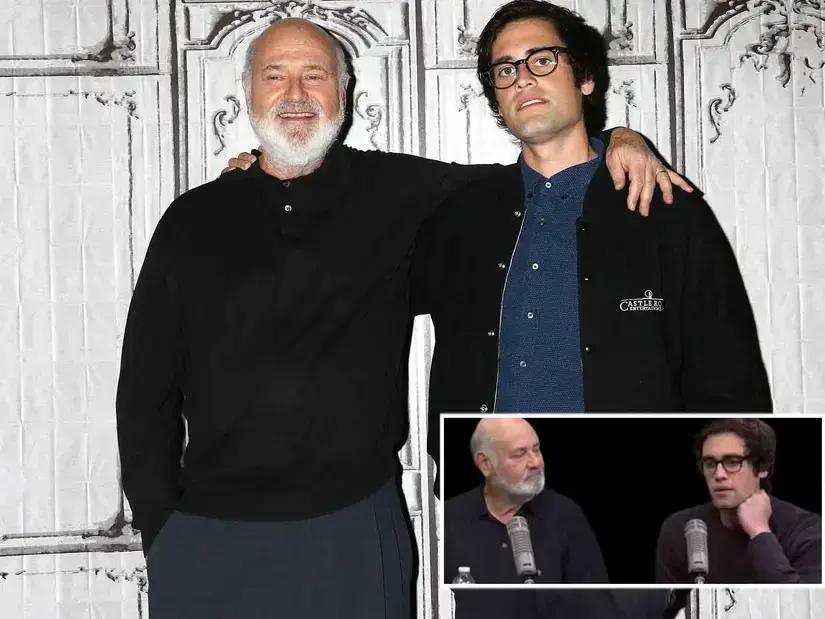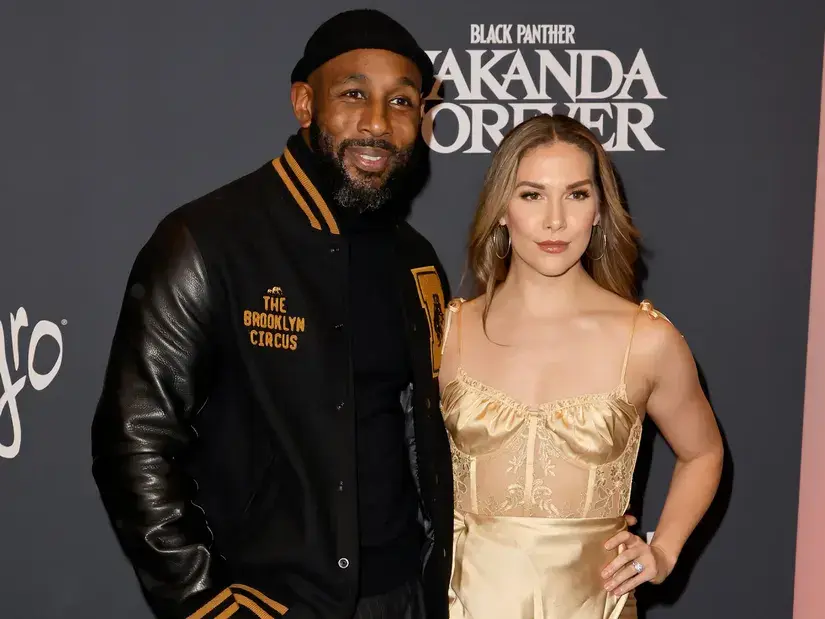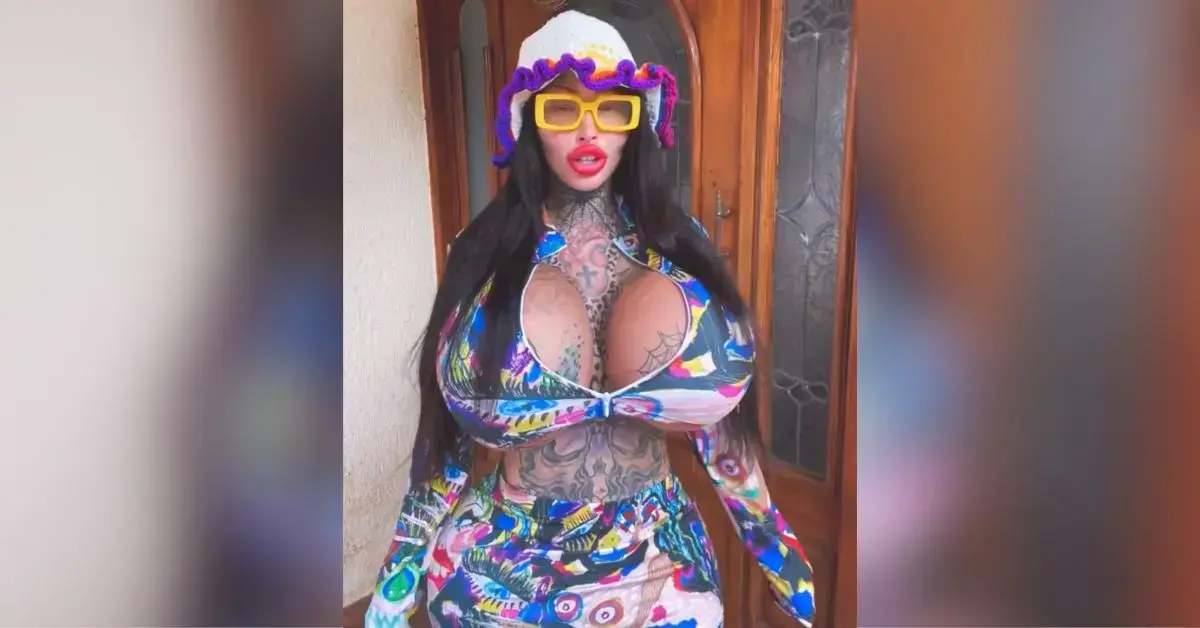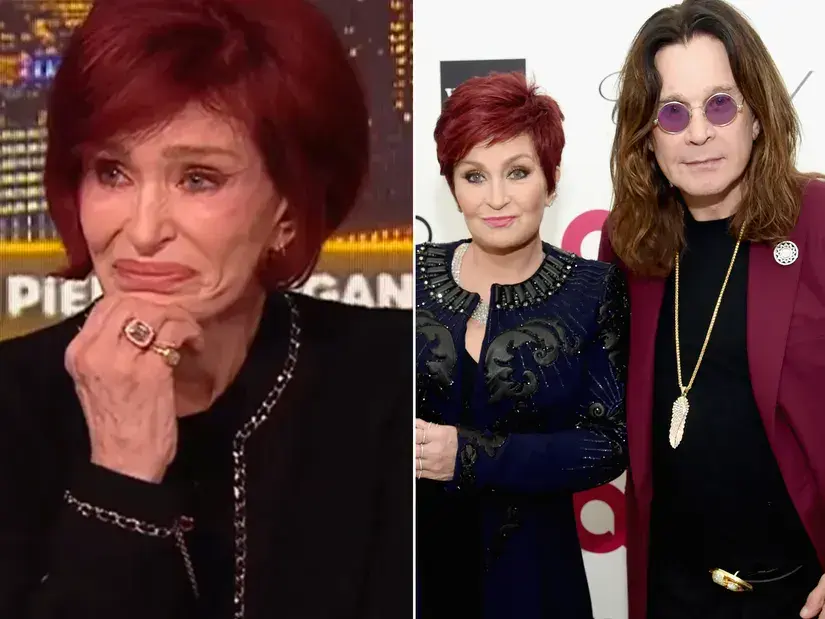BY: Walker
Published 3 years ago

A new podcast, “Attacking Jussie: The Osundairo Brothers Story,” launched today (March 13) and it features extended interviews with Abimbola and Olabinjo Osundairo, the Chicago-born brothers who were part of an elaborate plot to perpetrate a staged hate crime on Jussie Smollett.
In the six-part podcast, “Bola” discuss: their motivation behind getting involved in the plot, around the 38:21 minute mark above.
“when he first initially told me about what he wanted to do, the fake attack, a lot of emotions ran through me. And I know, I remember my first thought was like, damn, I made it. What do I mean by I made it? So a famous actor that’s on the number one show is asking me to be a part of a, uh, production of a Hollywood, uh, not Hollywood production, but of a production. Uh, and he’s confiding in me. , he believes in me. That’s why he’s telling me that. Like, what the hell? This is crazy. Uh, so when, when he first told me, I was like, damn, I made it like, this is Hollywood.”
“Bola” and “Ola” discuss: the time Jussie tried seducing Bola and explicit text messages, around the 19:24 minute mark above.
“why don’t you tell him about the time he tried to seduce you though? When did he try to seduce me with, with, with the massage? You don’t remember that? No, but this is later on. This is, uh, right before the, uh, attack. Okay. This is right before, we ain’t going in there order , she asked specific questions is it okay if he talks about the time? Yeah. Jesse tries to, if wants to deduc him with a massage. Okay, so , so we were at his, we were at his house, and this was after a night of partying. And this actually came to my defense in how you can tell that I didn’t have a sexual relationship with Jesse. Uh, which he tried to say I did, or in the media was made out to say, oh, he had sexual relationships with Jesse. So in text messages you could see that, that I have and that the police had. You could see that Jesse had asked me to, uh, if I wanted a massage, that he ordered a massage, a masseuse to give a massage to two people. So then he wanted me to come to his room to get a massage and I said, nah, I’m good. I don’t want a massage. And the reason why I said that is because I knew what. What that meant or what he was trying to do. Like, I’m not gonna go to a room and you’re trying to do something with sexually with me. It’s a male massaging you. And I know the dude, the masseuse was attracted to you, or you had, you had done things with that masseuse before and I wasn’t down with that to do that, so I wasn’t gonna go. I said, no, I’m good. Did you feel like he felt that way towards you then? Because how did you know that that was seduction and he wasn’t just inviting you around for a massage? Uh, he. the, what he wrote to me in the text message. Also, right after he said, this dude is sucking my dick so good. So if that’s not sexual, I don’t know what is , you know.”
“Bola” and “Ola” discuss: the public response in the aftermath – from the media to the Black Lives Matter movement support of Jussie, around the 32:16 minute mark above.
“One thing that’s not really come in the conversation is about class actually, cuz it’s mainly being discussed as a, something about race. Do you think that’s more relevant to this actually and the way you’re being treated?
Bola Osundairo: Very much so.
And going back on the Black Live Matter organization and how they come out in support of Jesse and not us, I believe that, uh, classes and does play a big part in it and, uh, other people saying, even when people say online that, why would Jesse do something like this? He has everything. You better check them.
Nigerian brothers that could be deported. It was them that the police coerced them to say this because they, they, if they don’t say it, they’re gonna be sent back to Africa. So they don’t want to go back, be sent back. So they had to follow what the police said. So it’s us being low level people. Mm-hmm.
and Jesse being a star. Yeah. With everything. Uh, that’s where you could see the classism at play. Mm-hmm.
Charlie Webster: So if you had more power through, say, money and celebrity, do you think the conversation would be different? It’ll be a
Ola Osundairo: totally different, totally different. Yeah. Yeah.
Charlie Webster: So then it doesn’t become about skin color.
Yeah. Less what? I don’t know. You tell me.
Bola Osundairo: Less. Less about skin color. Well, it can’t be, obviously it can’t be about skin color because we’re, we’re black . We’re black,
Ola Osundairo: obviously. Yeah, we’re, it’s not
Bola Osundairo: a racist, physically darker than just, yeah. You physically, you feel me, , but I don’t think it get any darken than me, shit.
So, man, it can’t, yeah, it’s just less, it is
Ola Osundairo: not really, not about color. Yeah, it was, it was a class thing. It was most definitely a class thing.”
“Bola” and “Ola” discuss: seeing Jussie as a supervillain, around the 42:00 minute mark above.
In the documentary you said he is a super villain. What did you mean by that?
There’s a saying about villains. And like that saying goes, uh, a villain is a broken hero.
So that’s what I think that describes him. But he’s a super villain because he’s still going on with the lie and, uh, yeah. He’s still going on and maintaining his innocence, so he’s a super villain.
Interesting. And, and the only reason I will call him a villain now is because him continuing to portray himself as the victim.
would put us in a bad light and could potentially, potentially put us in jail. Cause if you are the victim, and this really did happen to you, means that my brother and I did commit a hate crime and did attack you. So you’ll be getting these people that you had do this stuff for you locked up and put in jail and their lives ruined.
So that’s why I will say, call him the villain now.
Why, why’d you
say that? Nah, just seeing, um, that saying of the, um, every villain is a broken hero. I can see that. And this whole
Jesse’s story, right? He, he is a broken, want to be hero, I guess. Yeah. And some people do see him as a hero. Uh, he has fought for, marched and fought for certain people’s rights and whatnot.
Uh, but I think his ambition was too much that it led him to, uh, orchestrate a fake attack on himself. Uh, he wants to be a hero, definitely.
Produced by Lionsgate Sound, the podcast is a companion series launching concurrent with
the new five-part Fox Nation TV docuseries, “Jussie Smollett: Anatomy of a Hoax.” Both series feature first time ever exclusive interviews with the brothers, with the podcast offering extended interviews that go beyond the content featured in the TV series.
All six-parts are available now, wherever you find podcast.
